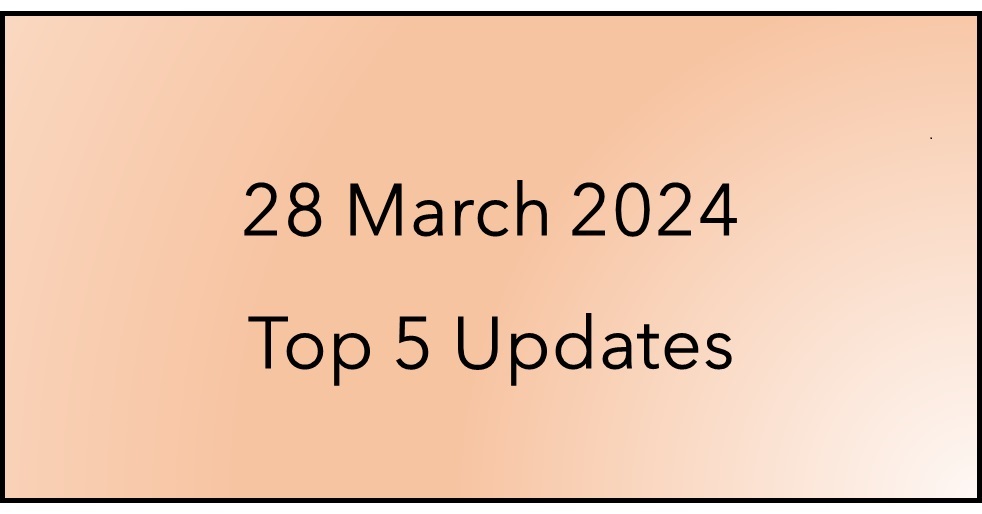Dear Reader, We are happy to share the most interesting legal and policy updates concerning health industry that we read today. We hope you enjoy reading it.
Criminal prosecution for drug related offences can start only on the basis of a drug inspector’s complaint: Supreme Court
India’s Supreme Court has confirmed that only a drug inspector, and not the police, is authorized to file a First Information Report (FIR) or a complaint for offence related to drugs under the Drugs and Cosmetics Act, 1940.
Source: bit.ly/3PGkEVL
Drug prices may increase slightly due to increase in Wholesale Price Index
India’s drug price regulator, the National Pharmaceutical Pricing Authority of India, has communicated to the pharmaceutical industry that annual change in the Wholesale Price Index (WPI) in 2023 compared to 2022 was (+)0.00551%. Accordingly, manufacturers of drugs whose price are capped may increase their price by (+)0.00551% in the month of April without government approval.
Source: bit.ly/3xgzbRC
Drug labels may have to mention excipients which cause hypersensitivity soon
India’s top drug policy advisory body, the Drugs Advisory Board (DTAB), has directed India’s Central Drug Regulator, The Central Drugs Standards Control Organization, to prepare a list of excipients that cause hypersensitivity, with the intent that such excipients should be disclosed label of medicine. Other excipients will not have to be mentioned on the labels of medicine. Currently, the law does not require manufacturers to include to disclose information about excipients on the label of drugs.
Source: bit.ly/43E3M7D
Source: bit.ly/3vv1j2N
India low on Biopharma Innovation: Leading Industry Analyst
A leading industry analyst firm has written an open letter to Prime Minister of India that India seems to be ceding ground to its Asian peers in biopharma innovation and manufacturing. The firm has highlighted that India needs to encourage investment in biopharma manufacturing capacity, increase public health expenditure, and extend insurance coverage for the novel drugs, in order to promote innovation in biopharma space.
Source: bit.ly/3PHcD2N
High time to implement essential diagnostic guidelines to standardize diagnostic practices: Expert
Healthcare industry expert in India has emphasized the urgent need for the implementation of national essential diagnostic guidelines to standardize practices, improve patient care, streamline diagnostic processes, guide clinical decision-making, optimize resource utilization, and reduce healthcare disparities across India. In 2019, the Indian Council of Medical Research (ICMR) had issued the National Essential Diagnostic List (NEDL) to ensure consistency and quality in diagnostic procedures.
Source: bit.ly/3vyESd5


